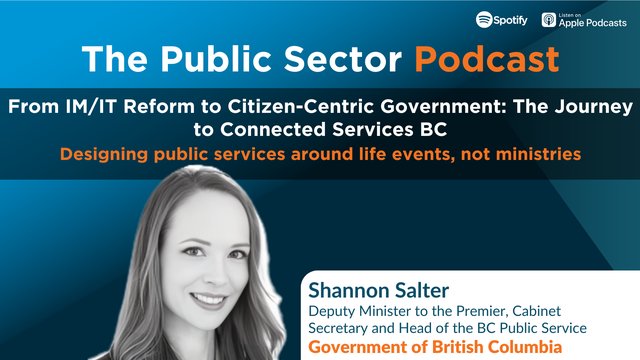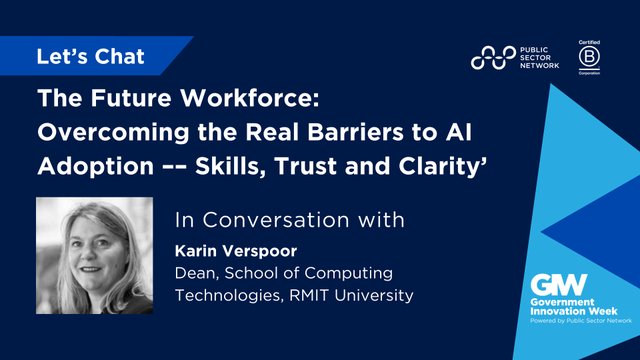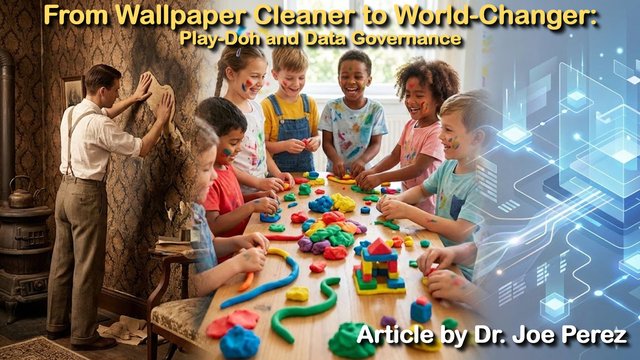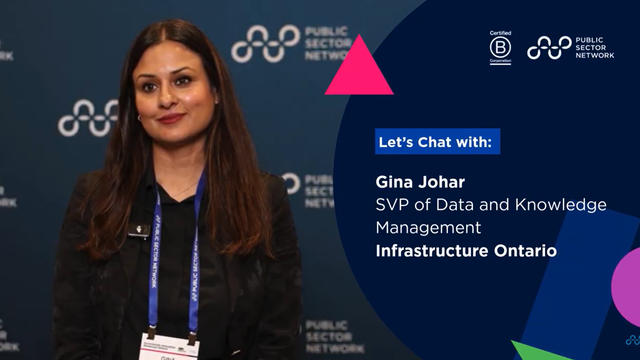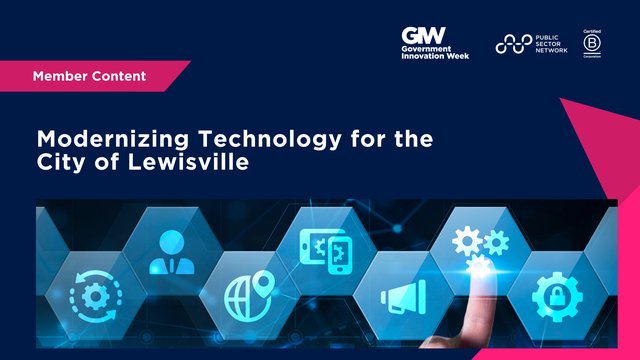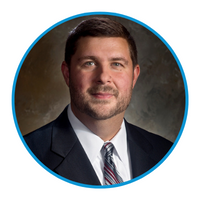
Q1:
Please tell us a bit about what you do, how you got there, and what you love about your work?
My career has been dedicated to developing next-generation government. I have consistently worked to implement cutting-edge technology, improve processes, establish performance standards, and develop new leaders.
At the Pennsylvania Department of Revenue, I am one of the architects behind our transformation plan. This plan is a three-pronged approach, which includes modernization, reorganization, and employee empowerment focused on transforming the way in which we provide customer service to Pennsylvania’s taxpayers.
I serve as the Department of Revenue’s Chief Operations Officer, which oversees the processing of ten million tax returns and the collection and accounting of over $33B in revenues annually.
Prior to my tenure at the Department of Revenue, I was the Director of the Pennsylvania Office of Budget, the Office of Comptroller Operations, and the Bureau of Audits. In this role, I coordinated the merger of five Comptroller Office audit divisions into one Bureau of Audits, while also establishing the Commonwealth’s first internal controls policy and the first Commonwealth-wide audit committee. Immediately preceding my role in the Office of the Budget, I was a senior auditor with the Pennsylvania Department of Auditor General. Before my two decades of public service, I spent over four years in the public accounting profession.
Q2:
As someone who began their career in the private sector – what drew you to public service? How has that evolved since the beginning of your career?
Answer:
I have always had a strong interest in public service. In college, I had a minor in Political Science and interned in several legislative district offices during those years. I really enjoyed the ability to help constituents.
When I started my career in public accounting, I was provided the opportunity to join EYs public sector practice in Harrisburg. The Commonwealth of Pennsylvania, as well as the State of Maryland, several state agencies, and a few larger local governments were all clients. It was a perfect opportunity to combine my desire to become a CPA with continuing to work with the public sector.
I was able to parlay relationships that I built at EY into an opportunity at the Pennsylvania Department of Auditor General. Over time, my career path in state government changed from an external auditor focusing on financial statements, to an internal auditor focusing on government performance, to finally an administrator where I am responsible for implementing laws, regulations, and policies that directly impact the lives of Pennsylvanians.
Q3:
What made you gravitate towards Pennsylvania’s Revenue Department? What continues to drive your passion for auditing and how does that manifest itself?
Answer:
My transition to the Department of Revenue represented a true paradigm shift in my career. I was leaving the world of auditing after eighteen years. I was entering the world of tax administration, where I had no previous experience. I saw the transition as an opportunity to be mentored by Eileen McNulty, who was Secretary of Revenue at the time. I had worked with her earlier in my career. She is a leader who has dedicated her entire career to public service. When she asked me if I was interested in joining her at the Department of Revenue to help refocus the department on taxpayer service, it was an opportunity that I truly could not pass up.
Q4:
Who has been a strong role model for you in your career? Can you explain why, and how, they inspired you or helped you succeed?
Answer:
I have been very fortunate in my life, as I have had many role models and mentors.
My father and grandfather jointly owned a small trucking business. They provided me with a strong work ethic and taught me about customer service at a very young age.
As I started my professional career, I worked with John Good, who was a manager at EY. He taught me to question the status quo, to focus on the substance and not form and provided me with opportunities to lead early in my career.
When I started my career in state government, I was fortunate to be mentored by leaders such as Scott Thompson (Department of the Auditor General), Rich Plesic and Anna Maria Kiehl (Office of the Budget), and Eileen McNulty (Department of Revenue). Each of them gave me their time, mentored me, and most importantly gave me opportunities to lead. They helped me to learn from my mistakes and celebrated with me when we succeeded.
Q5:
What advice would you give to the younger generation of audit and finance professionals in this field and more broadly within public service? What is one piece of advice you wish someone had shared with you when you were just beginning your career?
Answer:
The world of public accounting, finance, and auditing is changing more rapidly than ever due to ever-advancing technology and a more global society. With that being said, the one thing that remains constant is the need to build relationships.
Building relationships will allow you to find mentors, build your skills, advance your career, serve others, and find fulfillment in your profession. Technology provides amazing opportunities which have each of us to communicate differently. But take the time to sit with someone, have conversations, listen, and build those relationships.
Q6:
How have your outlook and approach to your work changed in the COVID-19 pandemic era? What key lessons have you learned that you have applied?
Answer:
As a result of COVID, 80% of our agency remains to telework full time. Teleworking has provided for a greater work/life balance, allowed for cost savings at the employee and agency level, and has increased productivity. It has also served as a great recruiting tool.
Conversely, COVID has led to a lot more emails and far fewer face-to-face interactions. And, despite leveraging technology such as Skype, Teams, etc. relationship and team building is much harder. Onboarding and training of new personnel have been more difficult. And we’ve learned that departmentwide communication has had its challenges. Employee awareness and engagement have suffered a bit.
I truly believe that teleworking is the new norm in the professional services industry. I think that we have done a great job identifying and adopting new technologies. However, I think that we are still trying to identify best practices to communicate with employees and build those networks.
On a very personal level, while I have absolutely loved the work/life balance benefits of teleworking (as I have two school-age children), I have learned that I need to email less and pick up the phone more. And, that I do truly miss the in-person interactions with our employees.

Want to hear more from John & other government leaders? Join us in person at the upcoming event:
Where: Hilton Harrisburg | Harrisburg, PA
When: Wednesday, September 14, 2022 | 8 AM ET
Register now!



